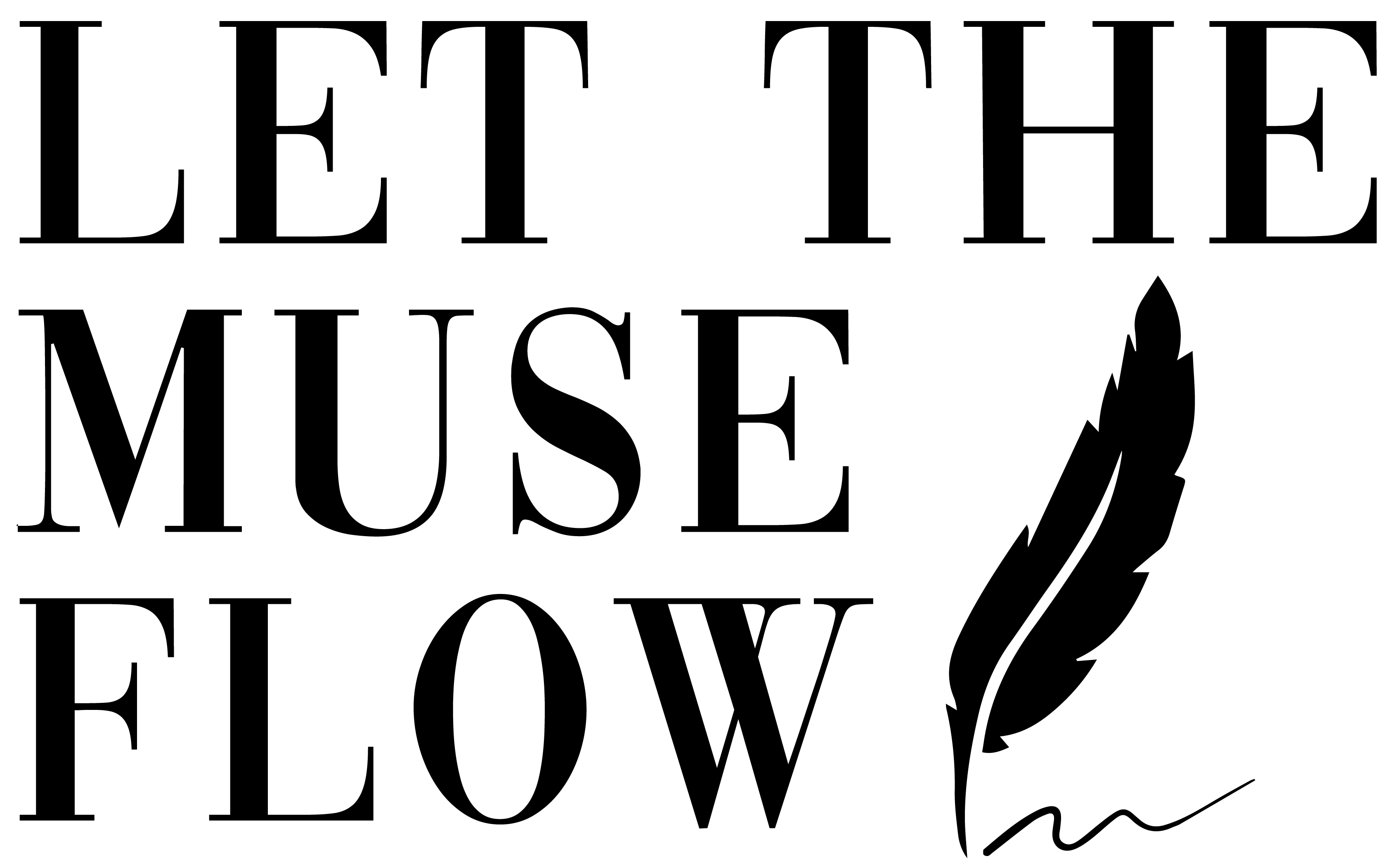
So here it goes: what is a social brand? A social brand is when you connect your talent or your potential or your competencies, which is a result of who you really are, and share it with people on social networks, eventually building an engaging community of your interest results in a convergence of ‘personable’ social brand in the making. Earlier organizations were a little skeptical about letting their employees promote their own personal brand and ultimately getting attracted to their respective competitors. But now, it has become vital for an organization to help their employees unearth their personal attributes that could be beneficial for the company in elevating their skills and encouraging a culture of meritocracy. This, in turn, helps the company in generating better people and business results – and giving its people a chance to unlock their true potential. Let’s take an example of Google, it gives its employees an extended period of time to pursue their passions. As with the case with honing your personal brand – the trend is almost setting among companies to help their employees exercise their personal freedom to chase their passion projects and make a name not just for themselves but also with the company they are associated with. It is true that lines are blurring between your personal brand and professional equity.
People may follow you on twitter for multiple reasons: maybe because you are a photographer turn real-estate agent; or: a writer turn co-founder of a travel tech startup. The reasons could be berserk – people might just like you for your idiosyncrasies, or maybe how you manage to manage your day job with your personal calling and create social ripples. In social psychology, the word is called Halo Effect: in my words, I have quoted Dorie Clark’s concept of halo effect in reinventing yourself i.e. liking one thing that leads to like the other, as mentioned in my blog post, “one key differentiator in winning new business”. When you are active on the social network, companies, customers, and people are happier to link in with you, which in turn elevates the image of the company you work for – or for yourself, for that matter. Your goal should be to just stay relevant and useful to others.
Borrowing the phrase from Hoot suite’s e-book on the Three Social Brand Personas, (you can download it here) it all depends on your employer’s company’s policy to either have you post as a company brand while keeping your personal accounts private; or: create a separate brand identity; or: be ‘Profersonal’ – i.e. use your already existing social media presence with a company public phase. I personally feel the third option is quite prevalent today.
Are you’re a ‘profersional’ brand in the making?
What steps are you taking to be one?

